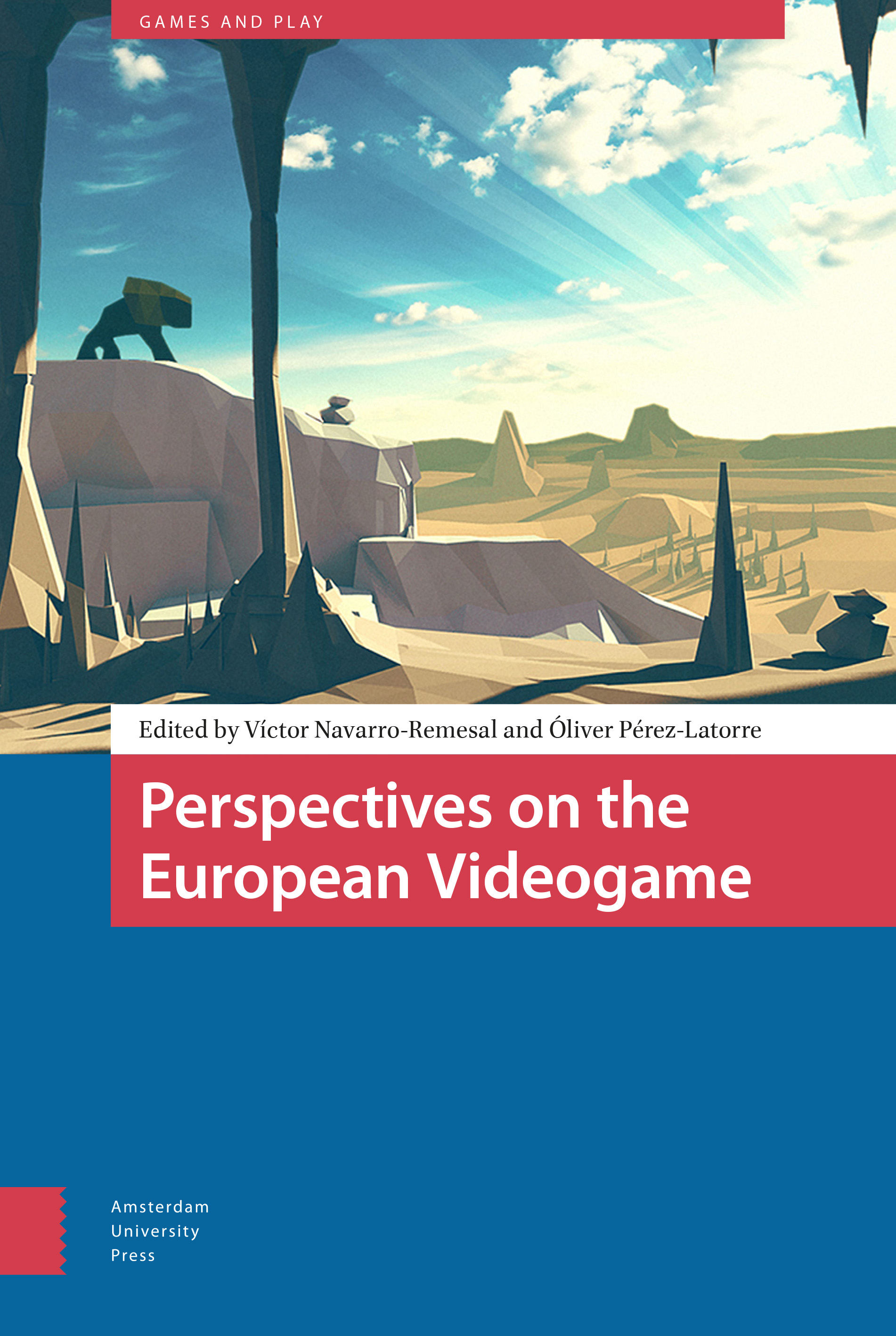Book contents
- Frontmatter
- Table of Contents
- Prologue Conflict, Negotiation, Appropriation, and Diversity: The Challenge of European Game Studies
- Introduction Euro Ludens: On the Origins, Playing Region, and Imaginaries of the European Videogame
- Part I National Stories
- Part II Transnational Approaches
- Conclusions (for now) European Videogames, Europeanness in Videogames
- Index
10 - Naturalist Tendency in European Narrative Games
Published online by Cambridge University Press: 16 December 2021
- Frontmatter
- Table of Contents
- Prologue Conflict, Negotiation, Appropriation, and Diversity: The Challenge of European Game Studies
- Introduction Euro Ludens: On the Origins, Playing Region, and Imaginaries of the European Videogame
- Part I National Stories
- Part II Transnational Approaches
- Conclusions (for now) European Videogames, Europeanness in Videogames
- Index
Summary
Abstract
Since their dawn in the USA and Japan, digital games have mostly explored escapism. Europe followed the same trend for a long time, but for the past decade European digital games have started to move towards realism and then naturalism. This chapter traces the universe of recent dramatic European digital games by analysing their aesthetic approaches, from their design to their imaginaries. Instead of trying to provide a complete history or genealogy, I focus on certain significant cases that will shed some light on dominating trends and ways of understanding interactive fiction in the European space. Two recent European games—Kingdom Come: Deliverance and Disco Elysium—are analysed in detail in order to explore a reorientation of European games towards a naturalist approach.
Keywords: European Games, Game Aesthetics, Game Design, Game Naturalism
Since their dawn in the USA and Japan, digital games have mostly explored escapism. Europe followed the same trend for a long time but, for the past decade, European digital games, following on an already established tradition in the continent, have started to move towards realistic drama and, subsequently, towards naturalism. This chapter traces the universe of recent dramatic European digital games by analysing their aesthetic approaches, from their design to their imaginaries. Instead of a complete history or genealogy, I focus on certain significant cases that will shed some light on dominating trends and ways of understanding interactive fiction in the European space. Two of the most recent European games—Kingdom Come: Deliverance and Disco Elysium—are analysed in detail to demonstrate the reorientation of European games towards a naturalist approach.
Introduction
The world of digital games has for decades been dominated by imaginaries manufactured almost exclusively in two regions of the globe: the USA and Japan. This parallels the origin of hardware and technologies, with the first games appearing on major mainframes in the USA, such as SpaceWar! (1961), and many early big hits of gaming culture, such as Pac-Man (1980), originating in the arcade machines of Japan. This trend would continue over several decades and intensify through global platforms: on the American side, Xbox and Windows PC; and on the Japanese side, PlayStation and Nintendo.
- Type
- Chapter
- Information
- Perspectives on the European Videogame , pp. 209 - 226Publisher: Amsterdam University PressPrint publication year: 2021



